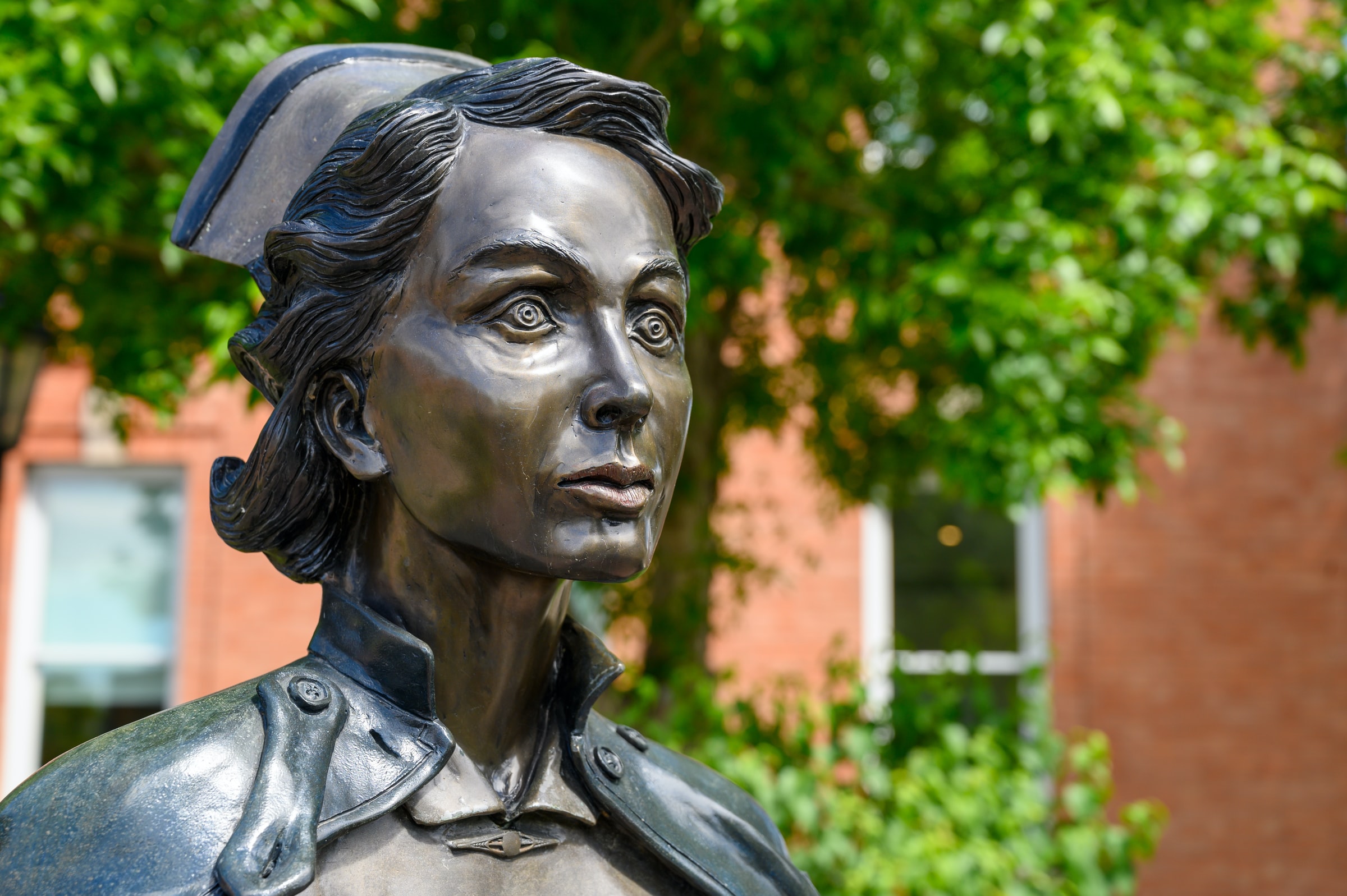
A team from Feinstein Institutes for Research thinks AI could be key to helping patients get more rest while reducing the burden on healthcare staff.
Everyone knows how important adequate sleep is for recovery. However, patients in pain – or just insomniacs like me – can struggle to get the sleep they need.
“Rest is a critical element to a patient’s care, and it has been well-documented that disrupted sleep is a common complaint that could delay discharge and recovery,” said Theodoros Zanos, Assistant Professor at Feinstein Institutes’ Institute of Bioelectronic Medicine.
When a patient finally gets some shut-eye, the last thing they want is to be woken up to have their vitals checked—but such measurements are, well, vital.
In a paper published in Nature Partner Journals, the researchers detailed how they developed a deep-learning predictive tool which predicts a patient’s stability overnight. This prevents multiple unnecessary checks being carried out.
Vital sign measurements from 2.13 million patient visits at Northwell Health hospitals in New York between 2012 and 2019 were used to train the AI. Data included heart rate, systolic blood pressure, body temperature, respiratory rate, and age. A total of 24.3 million vital signs were used.
When tested, the AI misdiagnosed just two of 10,000 patients in overnight stays. The researchers noted how nurses on their usual rounds would be able to account for the two misdiagnosed cases.
According to the paper, around 20-35 percent of a nurse’s time is spent keeping records of patients’ vitals. Around 10 percent of their time is spent collecting vitals. On average, a nurse currently has to collect a patient’s vitals every four to five hours.
With that in mind, it’s little wonder medical staff feel so overburdened and stressed. These people want to provide the best care they can but only have two hands. Using AI to free up more time for their heroic duties while simultaneously improving patient care can only be a good thing.
The AI tool is being rolled out across several of Northwell Health’s hospitals.







“AI helps patients to get more rest while reducing staff workload”